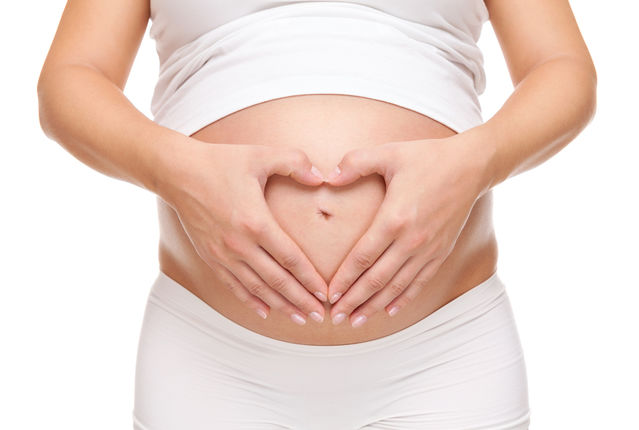Pregnancy
Pregnancy Changes the Brain for the Better
New research shows long-lasting changes that bond mothers to babies.
Posted January 31, 2017

Pregnancy doesn’t just leave stretch marks. It changes a woman’s brain in ways that are “pronounced and long-lasting” and that appear to help new mothers bond with their babies. Those are the striking conclusions from a study published this month in Nature Neuroscience that the authors say is the first evidence of its kind.
A team of Dutch and Spanish researchers imaged the brains of women before and after they got pregnant. When they compared the brain scans of mothers with those of women who had never been pregnant, they found substantial reductions in gray matter volume in the mothers even two years after giving birth. Social processing regions were the most affected; the areas of reduction overlapped with the brain regions associated with theory of mind, the capacity to understand the perspective of others that is critical to social connection. The changes were so clear and consistent that the researchers could identify who had been pregnant just by looking at the pictures of their brains.
“Baby brain” is the popular term for the way a woman’s cognitive powers change while she’s pregnant. It generally gets a bad rap. Expectant women complain of forgetfulness or feeling like they’re in a “fog.” Perception doesn’t always fit reality, however. “What’s really going on,” wrote journalist Katherine Ellison in her book Mommy Brain: How Motherhood Makes You Smarter, “is much more complex—and encouraging.” Now there is even more proof of that.
Pregnancy brings a flood of hormones—more estrogen, for example, than in the entirety of a woman’s non-pregnant life. And then, once she has a baby, a new mother is equally awash in unfamiliar sensory experiences: the sights, smells, sounds and tactile stimulation of holding, feeding, and generally caring for a newborn. Those kinds of hormonal and environmental changes “are not just falling on to a fallow field, they’re having a dramatic effect on the [brain’s] architecture,” I was once told by the late University of Richmond neuroscientist Craig Kinsley, who did important work on maternal brains in rats.
Until this new study, however, no one had shown exactly what changed in humans or that those changes persisted.
Gray matter in the brain contains nerve cell bodies. It’s where signals are received and processing occurs. White matter contains the myelinated long axons along which signals are sent; it’s the brain’s interstate system. With time and experience, signals travel more efficiently from neuron to neuron. As a young child learns to speak, for example, language networks in the brain process what the child is hearing more and more quickly. Myelin, which gives white matter its name, helps conduct those signals. As more myelin is added, there will be proportionally less gray matter.
The reductions in gray matter that lead author Elseline Hoekzema and her colleagues found in this study resemble what happens in another physiologically dramatic phase of life: adolescence. Teenage girls undergo a surge in hormones and then a reduction in gray matter volume, which is thought to reflect the pruning of synapses that comes with a maturing brain. In mothers, the researchers think that the same process is probably happening. They speculate that their results show that the maternal brain undergoes “a further maturation or specialization of the neural network.”
What are mothers specializing in? Bonding with their babies. The gray matter reductions lined up so neatly with the theory of mind network in the brain that the researchers called it “notable,” which is scientist-speak for a pretty big deal. When Hoekzema showed the mothers pictures of their babies, that same social area of the brain responds most strongly. And furthermore, the level of volume change in gray matter predicted the level of attachment between mother and child post-partum; the more specialized this area of the brain became, the more connected a mother felt to her baby.
So if you feel like you’re losing your mind in pregnancy, take heart. You are not. Instead, your brain is laying the ground work for a beautiful new relationship.
References
Hoekzema, Elseline, et al. "Pregnancy leads to long-lasting changes in human brain structure." Nature Neuroscience (2016).


